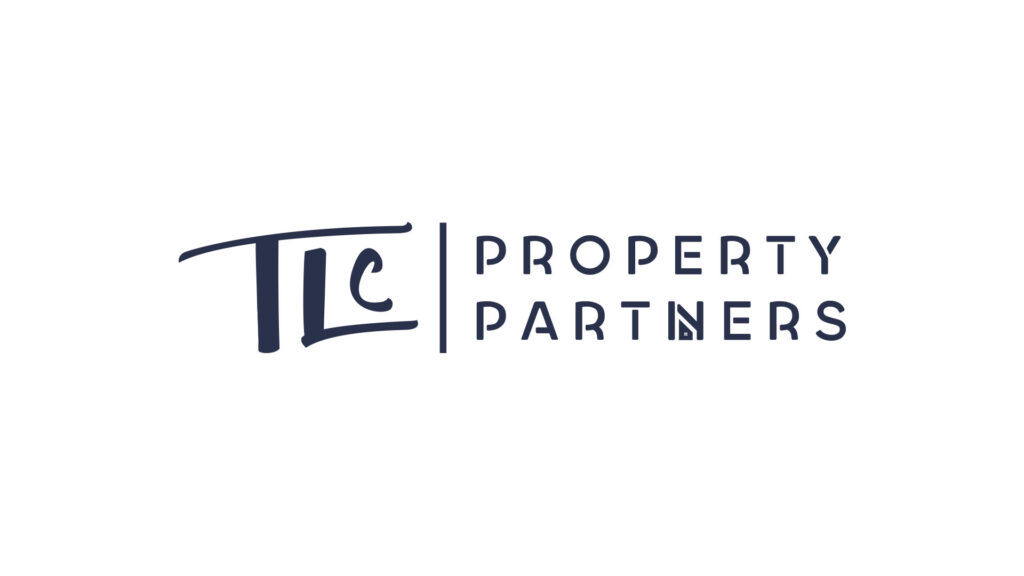Maximize Your Earnings with an Installment Sale
IRS Section 453
Installment Sale Method (Spreading Out the Tax Bill)
The IRS allows sellers to report the gain on the sale over time as they receive payments,
instead of paying all the capital gains tax in the year of the sale.
Why Seller Financing Can Be Beneficial:
✅ Lower immediate tax hit – Spreading out payments can keep you in a lower tax bracket.
✅ Steady income – Instead of getting a lump sum, you receive regular payments.
✅ Attract more buyers – Some buyers can’t get traditional loans, so offering financing can make your sale easier.
Taxable Gain Calculation
Each payment received consists of three parts:
Principal (the original loan amount being repaid) – not taxed
Interest (charged to the buyer for financing) – taxed as ordinary income
Capital Gain (the profit from the sale) – taxed at capital gains rates
Example:
You sell a property for $500,000 that you originally bought for $300,000.
Your total profit (capital gain) is $200,000.
If the buyer pays over 10 years, you only report part of the gain each year.
Interest Income
Since you are financing the deal, you can (and must) charge interest, which is taxed as ordinary income.
The IRS requires you to charge a minimum interest rate, called the Applicable Federal Rate (AFR).
Depreciation Recapture (If Selling Business Property)
If you previously claimed depreciation on the asset, part of your gain may be taxed at higher ordinary income rates instead of lower capital gains rates.
Early Payoff or Default
If the buyer pays off early, you must report the remaining gain immediately.
If the buyer defaults, you may have a taxable loss or need to repossess the property.



